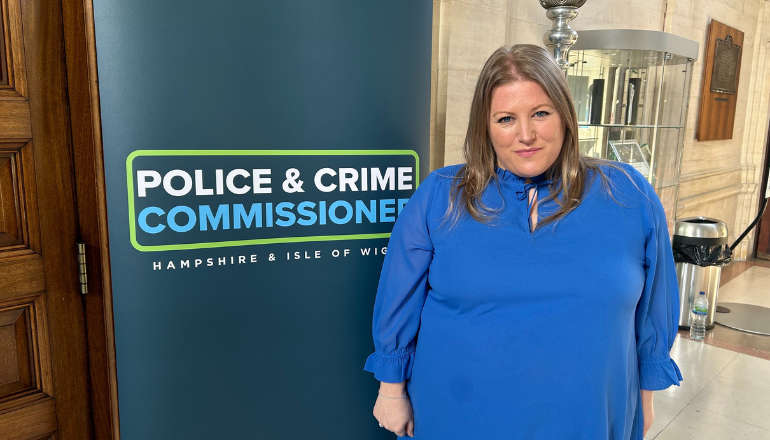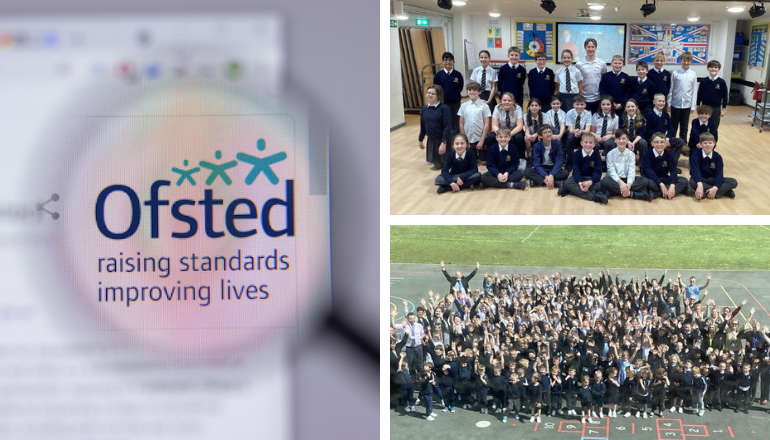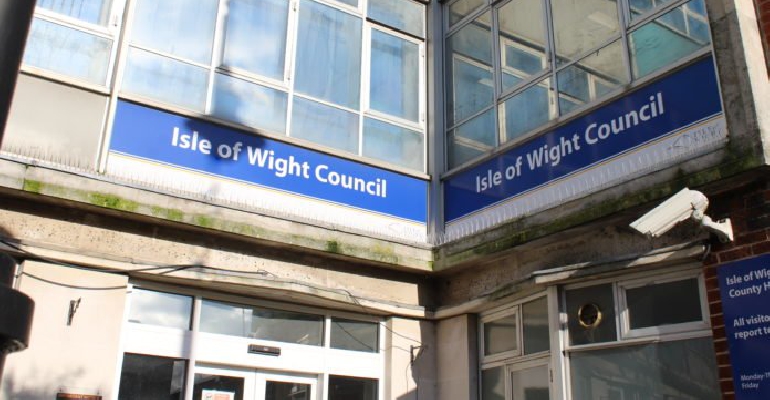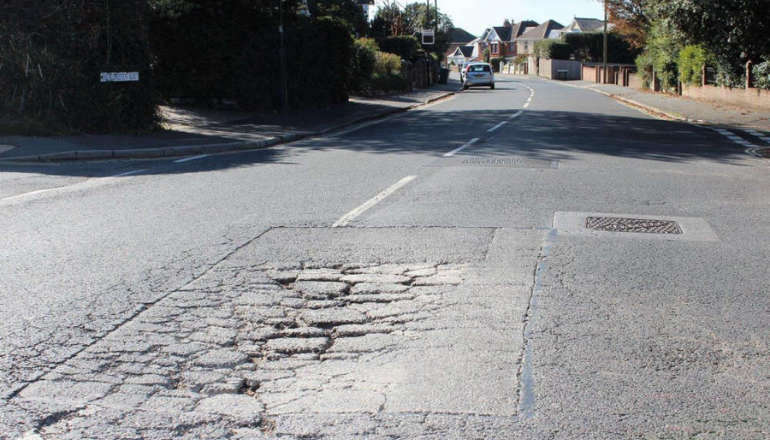An attempt to put a higher percentage of funding into special education learning by the Isle of Wight Council has been rejected by the government. The local authority was looking to increase special education needs and disabilities (SEND) funding in schools by an additional one per cent — or £731,400 — to fill a hole in the SEND budget. In previous years, the council has transferred 0.5 per cent of the mainstream schools block to the SEND budget but further pressures on the budget, an overspend and existing deficit, meant the authority were seeking to bring the transfer to 1.5 per cent. Island headteachers voted against the move in an extraordinary meeting of the Schools’ Forum in December and now Gavin Williamson, the secretary of state for education, has rejected the increased transfer. The Isle of Wight Council was among 21 other local authorities across the country to have its proposed transfer refused. There has been rising demand for SEN support on the Island and while funding given to the Island has increased in the dedicated schools grant, an Isle of Wight Council report said the transfers to help the high needs block had not been sufficient enough to meet cost pressures. A predicted budget deficit of the 2019/20 school year in the high needs block was £2.056 million — due to more personal education budgets being needed and topped up funding for SEN support in mainstream schools. The Isle of Wight receives one of the smallest dedicated schools grants in the country — getting £98.3 million for the next school year, 2020/21. If the 1.5 per cent transfer was approved, £1.1 million would have been added to the SEN budget — bringing the total to more than £17 million. An Isle of Wight Council spokesperson said: “Nationally, there are pressures on the high needs block budget in almost all local authorities. “This is due to a rising number of children with education, health and care plans (EHCP) across the country. The high needs budget provides finance to help schools meet the special education needs of children and young people. “The percentage of children with EHCPs on the Isle of Wight is higher than the national average which makes the budgetary pressure on the Island more acute. “The local authority has been working closely with headteachers to collectively manage the pressure on the budget, while continuing to support schools’ interventions funded from this budget. “These measures include: Limiting the amount of additional discretionary funding available to schools from the high needs block, as more funding is now being provided directly to schools, through the new funding formula, to help them meet all children and young people’s needs. Working with our partners in the health service to submit a bid to access additional funding available to support children and young people with social, emotional and mental health needs and encouraging schools to collectively commission discretionary support from their budgets. Reviewing all expenditure from this block through stringent financial controls and capping the amount of funding available to schools where there are exceptional circumstances. “The Isle of Wight Council is confident that these measures will help to manage the budget pressures and enable the Island to continue to offer the highest quality support and provision for children and young people with special needs. “The government is also carrying out a review of special educational needs and its funding. Senior leaders from the council have pressed home the case for additional funding for the Island in this area of schools’ budgets.”

 Investigation Underway Following House Fire In Brighstone
Investigation Underway Following House Fire In Brighstone
 Reaction To Donna Jones Police And Crime Commissioner Re-Election
Reaction To Donna Jones Police And Crime Commissioner Re-Election
 New Dementia Hub To Open In Cowes Next Week
New Dementia Hub To Open In Cowes Next Week
 Armed Forces Covenant Members Supporting Armed Forces Day
Armed Forces Covenant Members Supporting Armed Forces Day
 Miriam Margolyes, Aggers And Tuffers And Plastic Mermaids To Headline Wight Proms 2024
Miriam Margolyes, Aggers And Tuffers And Plastic Mermaids To Headline Wight Proms 2024
 Isle Of Wight Shoppers Helping To Tackle Rising Levels Of Hygiene Poverty
Isle Of Wight Shoppers Helping To Tackle Rising Levels Of Hygiene Poverty
 Two Isle Of Wight Businesses Win At Annual Muddy Stiletto Awards
Two Isle Of Wight Businesses Win At Annual Muddy Stiletto Awards
 Sandown Carnival Launches 2024 Season
Sandown Carnival Launches 2024 Season
 Dover Park Primary School Celebrates Continued Success With Glowing Ofsted Report
Dover Park Primary School Celebrates Continued Success With Glowing Ofsted Report
 Rescue Services Join RNLI’s 200th Celebration Event At Cowes
Rescue Services Join RNLI’s 200th Celebration Event At Cowes
 Isle Of Wight Council To Move To Committee System In 2025
Isle Of Wight Council To Move To Committee System In 2025
 Highway Improvement At Church Litten Next Week
Highway Improvement At Church Litten Next Week
 Isle Of Wight Beaches Praised In Clean Water League Table
Isle Of Wight Beaches Praised In Clean Water League Table
 Man Arrested After Being Caught During Act Of Self-Gratification In Newport
Man Arrested After Being Caught During Act Of Self-Gratification In Newport
 May Day Bank Holiday Recycling And Waste Collection Information
May Day Bank Holiday Recycling And Waste Collection Information
 Isle Of Wight Ambulance Service Star Louise Awarded King’s Ambulance Medal
Isle Of Wight Ambulance Service Star Louise Awarded King’s Ambulance Medal
 Stranded RIB Towed To Safety By Cowes Lifeboat
Stranded RIB Towed To Safety By Cowes Lifeboat
 Major Highway Works Taking Place Across Isle Of Wight This Month
Major Highway Works Taking Place Across Isle Of Wight This Month
 Wildheart Animal Sanctuary Rescue To Bring First Bears To Isle Of Wight For 30 Years
Wildheart Animal Sanctuary Rescue To Bring First Bears To Isle Of Wight For 30 Years


